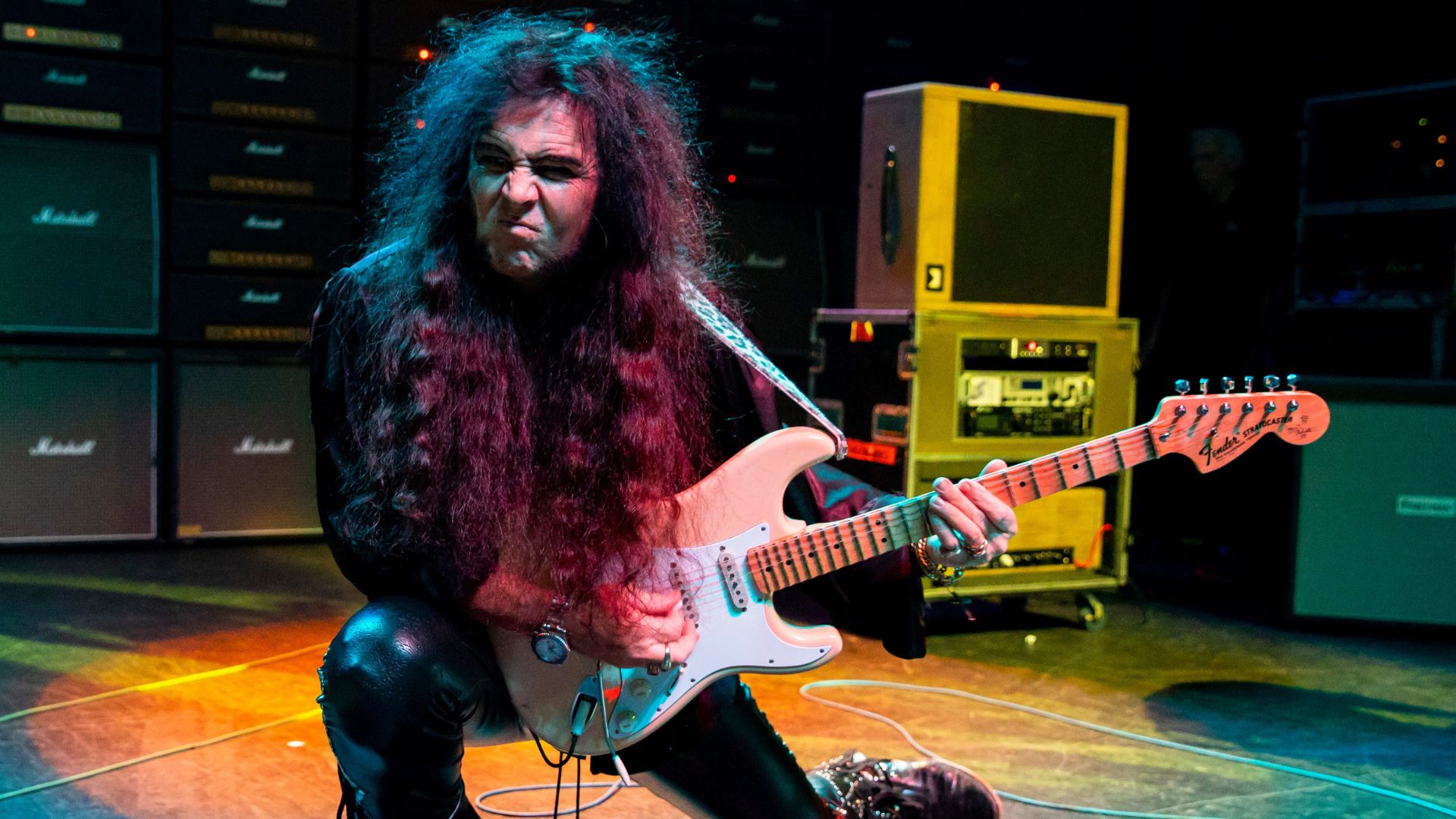“People think ’70s Fenders are bad, but that’s not correct”: Guitarists often knock CBS-era Strats – but Yngwie Malmsteen knows how to find a good one
The Stratocaster’s CBS era may be remembered as one of the instrument's lowest points, but the Swedish virtuoso has pinpointed a key fact regarding the first decade of CBS's ownership of Fender

Yngwie Malmsteen’s fiery fingers may be most synonymous with his ‘Duck’ guitar, an iconic Fender Stratocaster that nonetheless was made during what many view as the Strat's low point, the CBS era.
Many players are quick to discredit the quality of the guitars Fender produced under the ownership of CBS, which owned the Fender marquee from 1965 to 1985. The move to a more mass-production model of guitar-making, alongside a factory change, ultimately hindered the firm’s reputation.
However, speaking in the latest issue of Guitar World, the Swedish neoclassical shredder has highlighted a key fact that should not be overlooked.
“What people don’t understand about Strats is that Leo Fender sold the company to CBS in 1965, but it stayed at the same factory for another decade,” he says. “So any Strat built up until 1975 will actually be really good. It started going downhill around the late '70s. People think '70s Fenders are bad, but that’s not actually correct.”
The Stratocaster’s CBS era may be remembered as some of the instrument’s darkest days but, as Malmsteen highlights, there were two definitive periods under CBS’s leadership.
Malmsteen's CBS Strat was an early '70s model, built before the factory switch-up, and it played a key role in Rising Force.
As the Swede tails in the latest issue of Guitar World, the record was originally intended as a Japanese-only release. However, its unexpected success necessitated a worldwide release.
All the latest guitar news, interviews, lessons, reviews, deals and more, direct to your inbox!
“I started working on Marching Out [1985],” he details, “but you could still buy import records in America and so many people went to the stores to order Rising Force that it hit the charts and took on a life of its own.
“The label were going, ‘Fuck, we have to release this worldwide!’ I even got a Grammy nomination for it. I went on the road in 1985 with two records to promote.”
Fender's 70th anniversary Stratocaster celebrations recently brought Buddy Guy and Christone “Kingfish” Ingram together for a stunning, stripped-back jam on (I’m Your) Hoochie Coochie Man.
In terms of new product releases, the 70th-anniversary celebrations have included the release of a color-changing Ultra Strat HSS and souped-up versions of new Player and American Professional II models.
To read GW's full interview with Malmsteen – which includes details on Rising Force’s tone palette and the inspiration behind several of its tracks, pick up a copy of the May 2024 issue of Guitar World.
A freelance writer with a penchant for music that gets weird, Phil is a regular contributor to Prog, Guitar World, and Total Guitar magazines and is especially keen on shining a light on unknown artists. Outside of the journalism realm, you can find him writing angular riffs in progressive metal band, Prognosis, in which he slings an 8-string Strandberg Boden Original, churning that low string through a variety of tunings. He's also a published author and is currently penning his debut novel which chucks fantasy, mythology and humanity into a great big melting pot.

